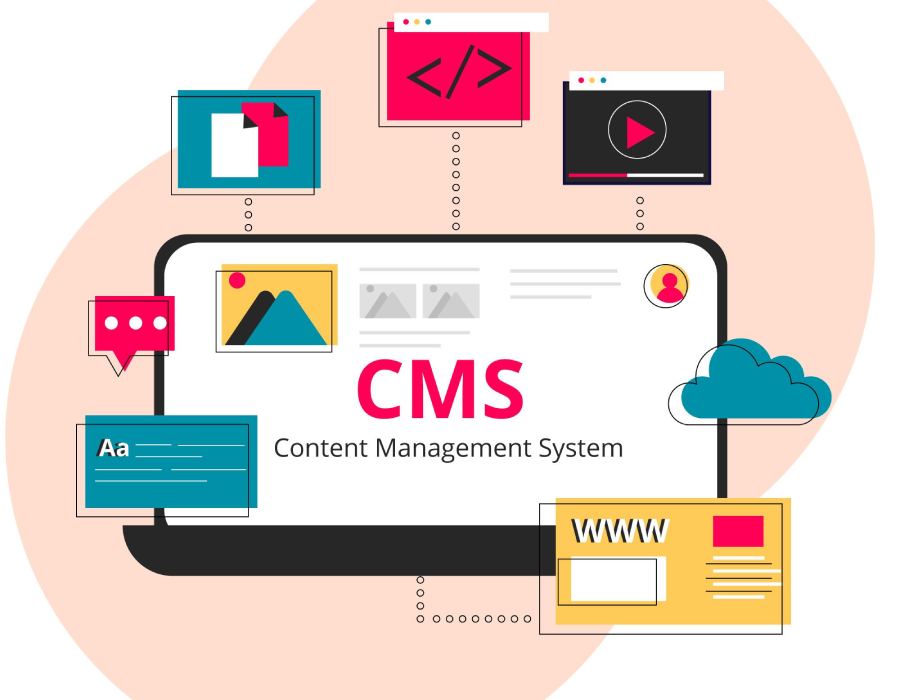Choosing the best Content Management System (CMS) is an important decision for both businesses and individuals. A CMS serves as the foundation of your online presence, influencing how you create, manage, and publish content. With so many options on the market, it’s critical to consider a variety of factors to ensure that the CMS you choose meets your specific needs and objectives.
Table of Contents
Establish Your Objectives and Requirements
Define your goals and requirements before diving into the sea of CMS options. Consider the following questions: – What type of content will you be publishing?
- How frequently will you be updating your content?
- Do you require e-commerce capabilities?
- How much customization and scalability do you need?
Understanding your goals will lead you to a CMS that meets your specific requirements.
Usability
Consider the CMS’s usability, especially if you have multiple users with varying levels of technical expertise. An intuitive interface and user-friendly features can help your team create and manage content more efficiently, reducing the learning curve.
Flexibility
Choose a CMS that can scale with your company. Scalability is essential for accommodating increased traffic, content volume, and new features. Ascertain that the CMS can handle expansions without interfering with performance.
Content Versatility
Different CMS platforms provide varying degrees of content type flexibility. Some people excel at text-based content, while others excel at multimedia. Choose a CMS that can accommodate the types of content you intend to create in the future.
Search Engine Optimization
SEO (search engine optimization) is critical for online visibility. A good CMS should facilitate SEO best practices by making it simple to optimize content. Customizable URLs, meta tags, and XML sitemaps are all desirable features.
Security Options
Security is critical, especially when dealing with sensitive data or transactions. Examine the security features of the CMS, such as data encryption, user authentication, and regular security updates. Choose a CMS with a proven track record of security.
Capabilities for Integration
Consider the CMS’s integration capabilities with other tools and systems on which your company relies. Integration with third-party plugins, analytics tools, e-commerce platforms, and social media can improve the functionality and overall performance of your website.
Community and Help
Examine the CMS community’s size and activity. A strong community frequently means better support, an abundance of resources, and ongoing development. In addition, make certain that the CMS provider provides dependable customer support for technical issues and inquiries.
Budgetary Considerations
Consider the total cost of ownership, which includes licensing, hosting, development, and ongoing maintenance. Some CMS platforms are open-source and do not require licensing, but they may have higher development and customization costs. Compare these elements to find a solution that is within your budget.
Responsiveness to Mobile Devices
In an era when mobile devices dominate internet usage, your CMS must support responsive design. Ascertain that your chosen CMS allows you to create content that looks and functions well on a variety of devices, thereby improving the user experience.
Conclusion
Choosing a CMS is an important decision that will have an impact on your online presence and business operations. You can select a CMS that aligns with your specific needs and lays the groundwork for a successful online presence by carefully considering your goals, usability, scalability, content flexibility, SEO, security, integration capabilities, community support, costs, and mobile responsiveness. Take the time to investigate and test various options so that you can make an informed decision that will benefit your organization in the long run.
